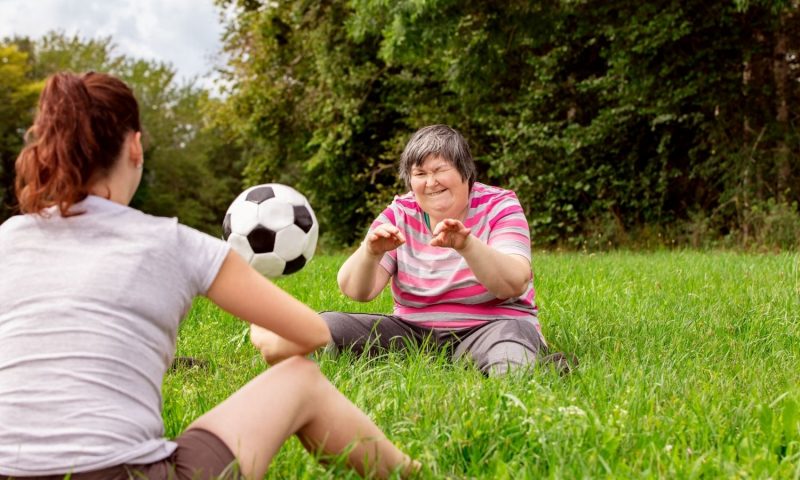
Whether you have a loved one with I/DD or want to be more active with those with I/DD in your community, follow these ways you can support them!
Some people within our communities may need more support than others. If you’re looking to be more empathetic, compassionate and helpful to your community and the people within it, you can go in a few different directions. You could help the homeless, support minority groups, bolster small businesses and provide friendship and support to those with disabilities.
Today, we’ll talk specifically about the different ways you can support people with I/DD or Intellectual and Developmental Disabilities. COVID-19 put many people in a lonesome place. Now that we’re in a safer situation, it’s important to bring support to those who may need it most. Read on for more information!
Be a Stronghold In Their Community
One of the best ways to support is by promoting their independence. How do you do that? Community, as we’ve discussed, is imperative for supporting people with I/DD. They can very often feel separate from the community, and that isolation can actually hinder their independence.
You can help by being a strong part of their community. Reach out and schedule plans. Go see them once a week. Invite them to your summer barbecue. When they feel that they are a part of your community, they’ll have more trust that they should be a part of the community.
Respect Their Choices
Speaking of independence — if you know a loved one with I/DD, then one of the best ways to support them is by respecting their choices. Think about it this way: If you know that someone would constantly question the decisions you made, you would feel smothered. And not very independent.
You can support people with I/DD by respecting their choices and decisions, which may mean loosening the reins on the relationship between you.
Assume They Can Do Things
Similarly, even if you don’t have anyone close in your life with I/DD but generally want to support those who have it, then you may need to change your thought process. Many assume that those with I/DD can’t do many tasks on their own. Try to change this thinking. Instead, assume that they can do things and that they have the tools to do so.
Just this small change can make a difference.
Encourage Them To Do Things
And finally, do your best to encourage them to do things. If they’re not quite confident in doing things on their own, help them recognize that they can. Help them when they ask for it and invite them to participate, and soon they’ll become more confident.
At the end of the day, you can’t do all the work to help them feel independent, but the community building that you do will make a massive impact. Don’t underestimate the power of friendship and support!